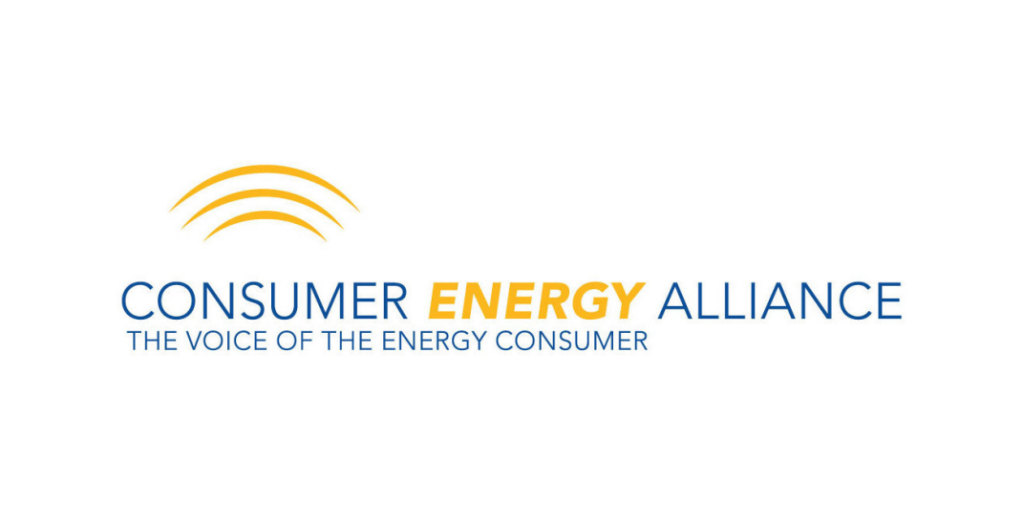New CEA Analysis: Misguided Energy Policies Could Cost Consumers $149.2 Billion More This Winter
Despite Gas Price Relief, Home Energy Costs Continue to Soar; CEA Urges Policymakers to Embrace Common-Sense Energy Solutions
WASHINGTON–(BUSINESS WIRE)–#consumerenergycosts—Consumer Energy Alliance (CEA), the leading energy and environmental advocate for families and businesses, today released its latest analysis, “Heat or Eat: The True Cost of Electrify-Everything Policies,” revealing that American consumers could face a staggering $149.2 billion increase in home heating and energy costs this winter heating season compared to last year if energy policies attempting to electrify everything were enacted.
“While families are finally seeing some relief at the gas pump, home energy prices continue their relentless upward march, with electricity costs outpacing even the broader inflation rate,” Consumer Energy Alliance President David Holt said. Despite this, some state and federal policymakers persist in doubling down on misguided energy policies that restrict consumer options, limit energy infrastructure, and push for blanket electrification regardless of the costs to both finances and quality of life.”
CEA’s analysis found that if forced to switch to all-electric power this winter:
- Families currently using natural gas would see a $124 billion increase
- Propane users would face a $7.5 billion increase
- Consumers who rely on heating oil would see a $17.7 billion increase in energy costs
These potential cost increases would come at a time when 11.3% of seniors – over 8 million older Americans – are living in poverty, marking the third consecutive year of increased poverty rates for this vulnerable group.
The analysis incorporates data from the U.S. Energy Information Administration’s Winter Fuels Outlook and the Department of Energy’s average costs for residential energy resources.
Our ability to develop and deliver affordable energy is a major strategic advantage that the United States should continue to enjoy after becoming the world’s largest energy producer.
CEA’s analysis highlights several policy decisions contributing to the energy cost crisis:
- Premature closure of power generating facilities
- Termination of oil and gas leases and failure to hold quarterly lease sales
- Lack of bipartisan permitting reform
- Efforts to drastically increase the cost of natural gas through taxation
- Insufficient funding for permitting agencies crucial for carbon capture technology deployment to remove emissions directly from the atmosphere
“The question remains: why are some federal and state policymakers purposefully endangering America’s energy security, needlessly keeping energy costs high, and risking blackouts for negligible to non-existent environmental benefits?” Holt asked. “Recent innovations have proven that it’s possible to produce essential energy affordably and reliably while lowering our environmental impact.”
CEA urges policymakers to acknowledge the impact of these misguided policies and embrace common-sense solutions that ensure an affordable, reliable, and environmentally sustainable energy supply.
Find more information on CEA’s analysis and view the full report here.
About Consumer Energy Alliance
Consumer Energy Alliance (CEA) is the leading voice for sensible energy and environmental policies for consumers, bringing together families, farmers, small businesses, distributors, producers, and manufacturers to support America’s environmentally sustainable energy future. With more than 550,000 members nationwide, we are committed to leading the nation’s dialogue around energy, its critical role in the economy, and how it supports the vital supply chains for the families and businesses that depend on them. CEA works daily to encourage communities across the nation to seek sensible, realistic, and environmentally responsible solutions to meet our nation’s energy needs.
Contacts
Bryson Hull
(202) 657-2855
bhull@consumerenergyalliance.org




